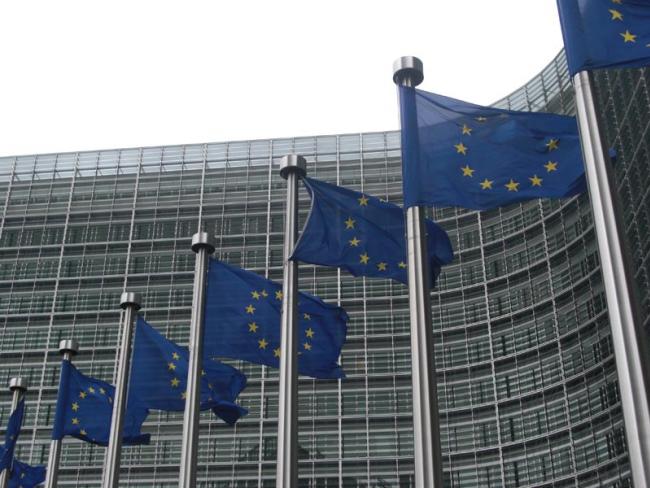Nowhere has the reluctance to break definitively with the EU been more evident than in research…
The EU has been busy excluding Britain from as much research as it can, even under existing programmes which nominally should include British scientists. In November 2022 it even shut out British firms from participation in research on quantum technologies.
The move shows how far the EU is prepared to go to snub Britain, no matter what damage it does to itself. The EU is way behind Britain in quantum research, with the market value of British quantum firms more than three times that of the entire EU.
Blocked
The leaving agreement with the EU, concluded at the end of 2020, stated that Britain would be able to be part of Horizon, the huge European research programme – but Brussels has consistently blocked this.
EU research commissioner Mariya Gabriel finally came clean. She told the European Parliament in September 2021 that disagreements over the Northern Ireland Protocol had formed the stumbling block in progress on association to Horizon.
Now, with prime minister Rishi Sunak having apparently promised US president Joe Biden that the Northern Ireland Protocol issue will be resolved by Easter 2023, delay has become the order of the day.
Every so often, it looks deceptively as though the government has been roused into activity. On 6 February 2022, science minister George Freeman announced – via an interview in the Financial Times – that he was coming up with “Plan B”, an alternative to British association with Horizon.
‘Every so often it looks, deceptively, as though the government has been roused…’
In the middle of July, nearly half a year later, Freeman published his Plan B. Governments come and go, of course, and science ministers too, but science is one area with an element of continuity. Freeman was part of the campaign to force out Boris Johnson, but he is back under Rishi Sunak. And yet Plan B has not been implemented.
In the interim, plenty more nothing is happening from the British side. After launching a disputes resolution procedure in August, the government held a meeting with the EU in September which failed to reach agreement.
Britain could go to court, or arbitration, over the failure to be admitted to Horizon. Instead, all we have from government is silence. And now that the government has suspended the passage of its Northern Ireland Protocol bill, designed to allow Britain to act unilaterally, expect a lot more silence.
• An irony uncovered: the strength of Britain’s academic research, combined with EU funding approaches, means that major British firms are often shut out of collaborations funded under Horizon.
The result, according to a fascinating blog post by Professor Chris Warkup on the Innogen Institute website, is that the value of Horizon-funded research is “captured” by EU companies rather than by British ones.

